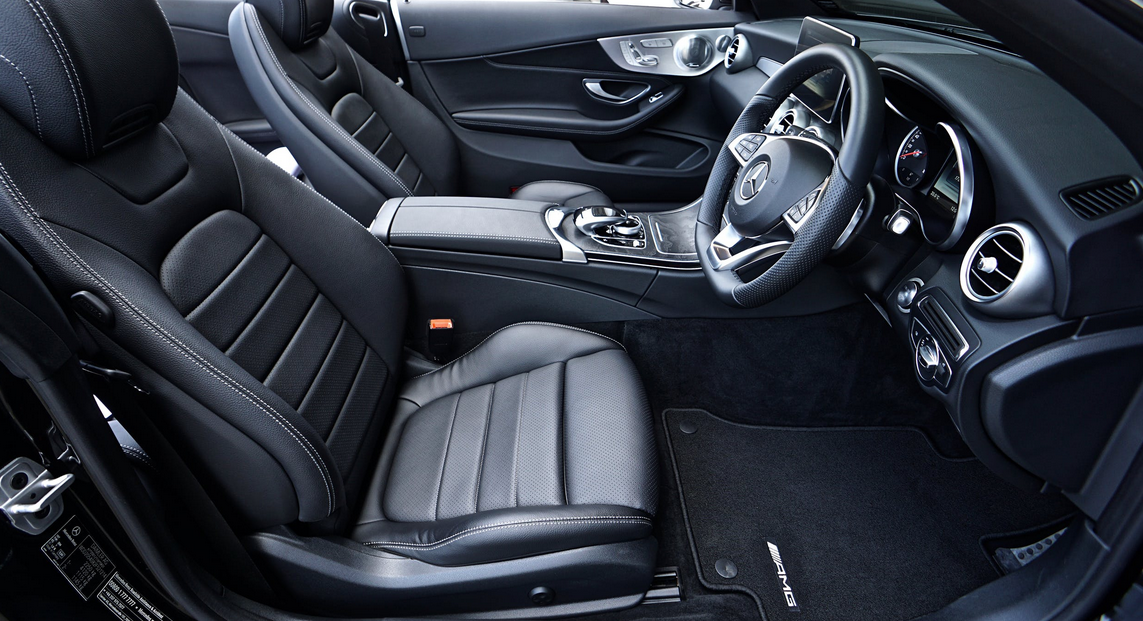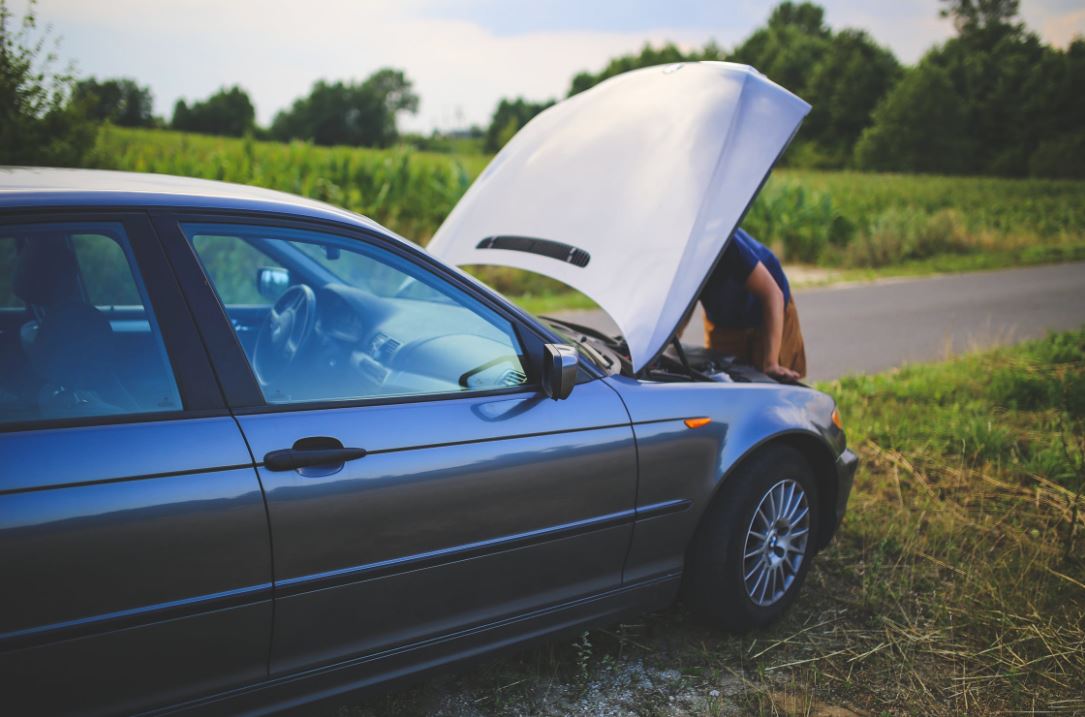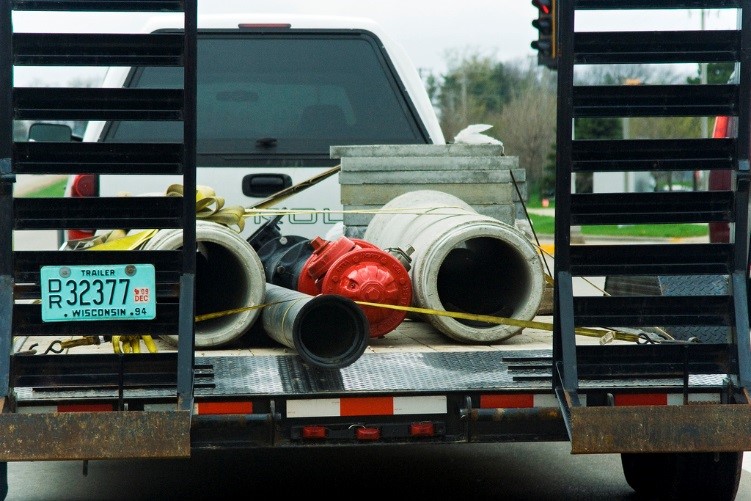When shopping for insurance to cover a motorized vehicle, it can be a daunting and arduous task. Insurance for a motorcycle is very much like a car in the fact that it is up to you to determine the amount of coverage you want. There are three types of insurance policies to cover your motorcycle, and hopefully this guide will help you find the right policy for you.
Basic Liability Insurance:
Just like a car most states will require you to have at least liability insurance. This is only to cover damages to the other party’s vehicle and personal injury. Being that you will be riding a motorcycle it is highly unlikely that you will cause any significant damage to the other person’s car unless they are riding a bike as well. This may happen of you are riding in a pack of riders, which is a common custom for avid bike riders. If you were to get into a collision with your buddy, I am sure you would want to be able to cover any injuries that occur and damages to their motorcycle. Otherwise, I doubt you will be traveling with them anytime in the near future.
Collision Coverage:
The next coverage, and coverage that will be necessary for yourself is collision coverage. This will protect you and reimburse you for the cost of damages to your motorcycle. One risk that you take when riding a bike is the fact that if you are in a collision the bike stands to face serious damages. Unlike a car that is engineered to withstand impact, a motorcycle does not have an outer metal shell of protection; protection for your self and protection for the moving parts of the bike when you either dump it down on the road or have an impact with another vehicle. For collision coverage, you will want to make sure your policy will cover the cost of the vehicle when it was first purchased. A good policy will not make deductions for the depreciated value of the motorcycle. Just like a car loses value as soon as you drive it off of the lot, the value of the bike will depreciate significantly. If you are in an accident and your bike is totaled, a policy that will replace your bike is what you are aiming for when shopping for insurance.
Comprehensive Insurance:
The third type of insurance policy is comprehensive coverage. This is a further type of coverage that will reimburse you if your bike is damaged due to other factors besides a collision. This may include a fire, vandalism, or if it gets stolen. If your bike is not parked in a garage, it will be susceptible to vandalism and being stolen. Many people will try to remove parts and look for aftermarket additions which they can use on their motorcycle. Many bike owners will buy these types of accessories to enhance the engine, the storage, and overall look of the bike. If this includes you, plan to get comprehensive coverage to protect you from the risk associated to adding accessories to your motorcycle.
Conclusion:
Your insurance premium will be determined the same as it would for a car. You will need to explain the purpose of your motorcycle. Will you be using it as your main source of transportation to commute to work? How far will you be traveling when you do ride a bike? What size engine does the motorcycle have? Your past driving record and even the area of the country that you live in will all affect your premium. When shopping for insurance make sure it is a plan that is outfitted for your intentions of having a bike. Occasional recreational use with a small engine as opposed to a daily commute with an enormous engine will significantly affect the amount you will be paying in insurance. Take this into consideration when you plan to purchase the bike of your dreams. Once you have an idea of what you need and how you will be using your bike, I highly recommend that Central Florida residents pay a visit to www.insuranceland.org.
The writer, Nick Quinlan, is himself an avid motorocycle enthusiast residing in central Florida. He knows the importance of having a good insurance policy, and writes to let his fellow riders know so they aren’t forced to pay for repairs out of pocket in the future. You can learn more about Nick by visiting Google+.





